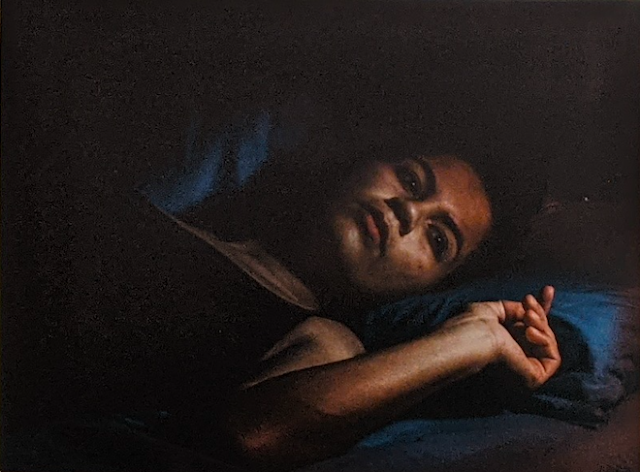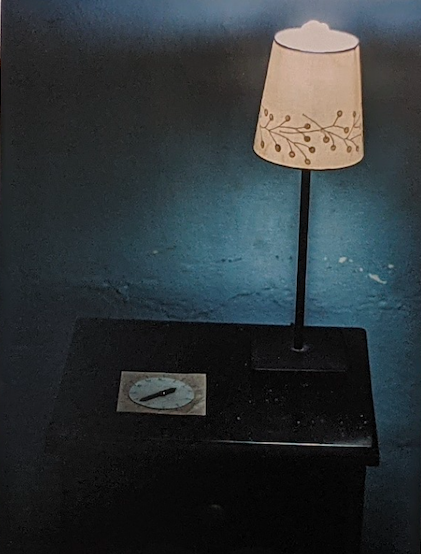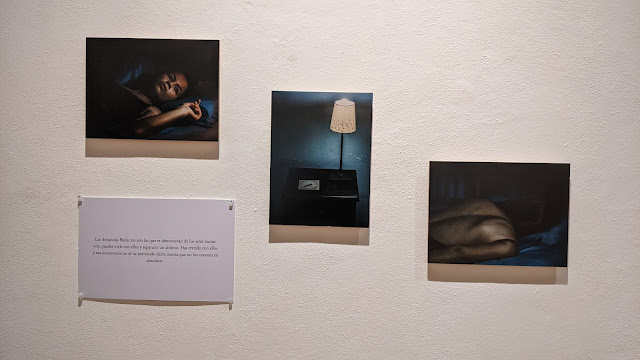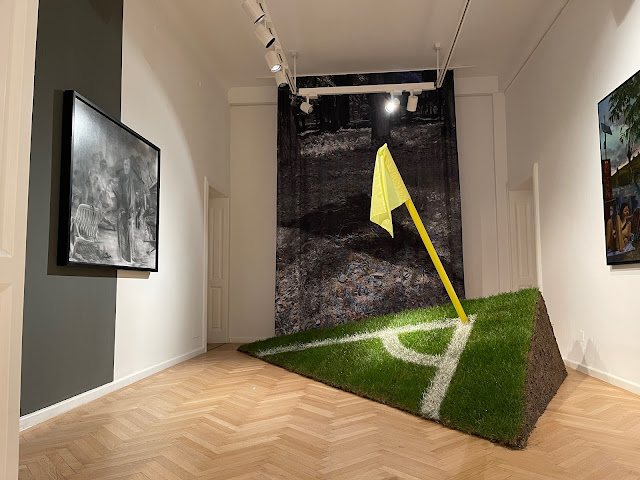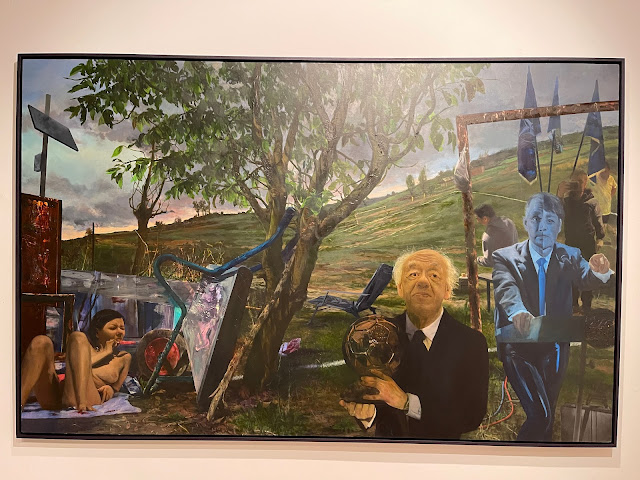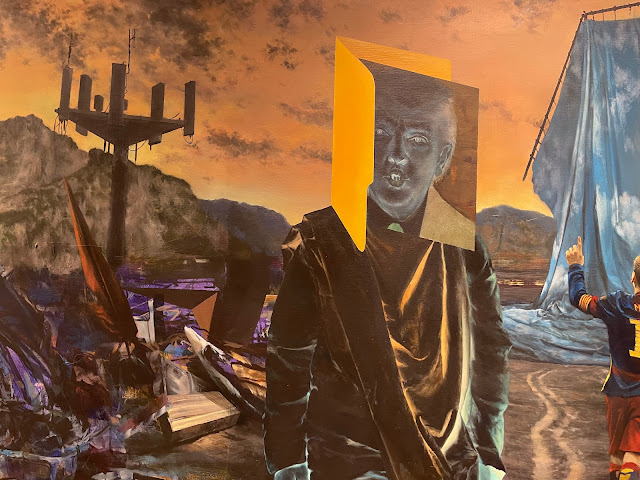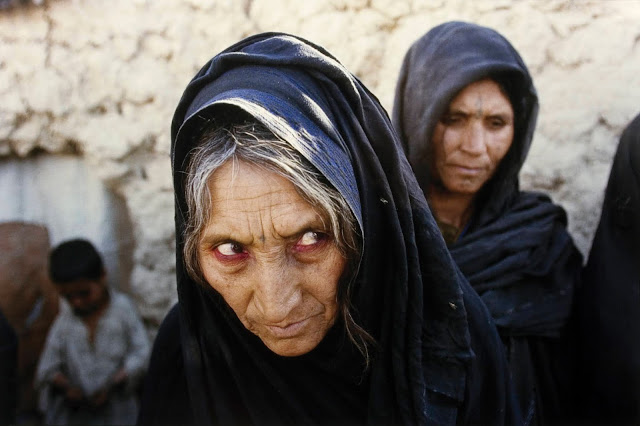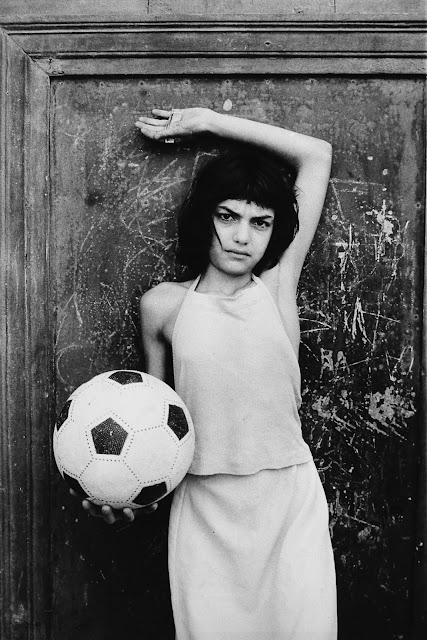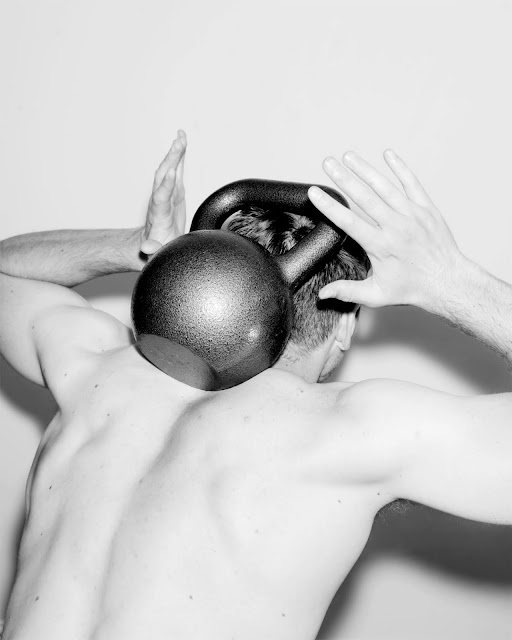art museum
"Las oferentes" by Carla Grunauer, an ancestral ritual at the Museum of Modern Art of Buenos Aires
October 27, 2021 | nadiaevangelina
"Las oferentes" (The Offerors) is Carla Grunauer's first solo exhibition at the Museum of Modern Art of Buenos Aires, Argentina. Curated by Lucrecia Palacios, the show consists of a selection of unpublished works, created by the artist during the year 2021, which revolve around imaginary and mythological figures with a modern treatment that recreates the ancient practice of ritual.
As soon as we enter the room, the viewer is struck by a burst of pastel colors and hybrid forms. The sculptures, the discipline in which this artist trained in drawing and engraving has worked for the first time, mark the rhythm of the exhibition. They are figures composed of soft colors and curved lines that include organic materials such as trunks and plants. In her paintings, we can also find bodies that twist and distort.
Lévi-Strauss argued that modern art shared some commonalities with primitive art. Modern art broke with the figurative or representational tradition that originated in the Renaissance, which the author associated with artistic individuality and a form of subjugation of humans to the surrounding nature. For the author, figurative works try to imitate and no longer simply signify.
That said, art that is not representational is obliged to signify. With this Lévi-Strauss expressed that modern art returned the significant function of the work as in primitive art. This movement pretends that all human groups are situated in the same way, as if they were part of a group that understands the same rules or the same symbols. And like a ritual, "Las oferentes" invites the viewer to be part of the same group, united in an experience, in contact with nature and not appropriating it, together with beings we do not know and divinities of the most varied.
As soon as we enter the room, the viewer is struck by a burst of pastel colors and hybrid forms. The sculptures, the discipline in which this artist trained in drawing and engraving has worked for the first time, mark the rhythm of the exhibition. They are figures composed of soft colors and curved lines that include organic materials such as trunks and plants. In her paintings, we can also find bodies that twist and distort.
 |
| Inside the exhibition |
Grunauer has created these anthropomorphic and zoomorphic creatures representing ancestral characters that are presented as offerings. They return to the 21st century to turn the exhibition into a ritual of which all viewers are part. The room, without an established order for the tour, also merges with the spiral structures that take us back to the concept of transformation and eternity.
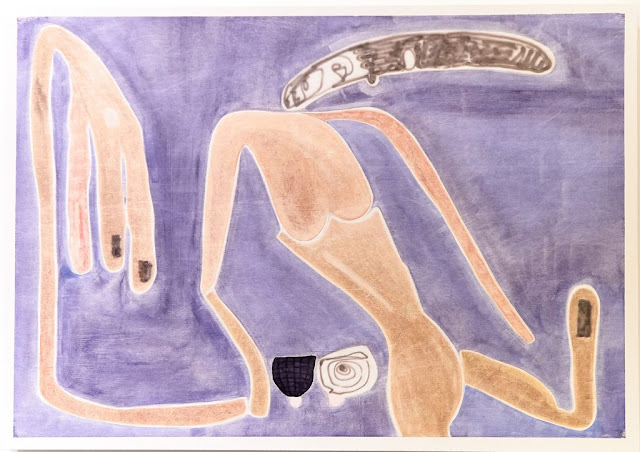 |
| "Luz mala" (2021) by Carla Grunauer |
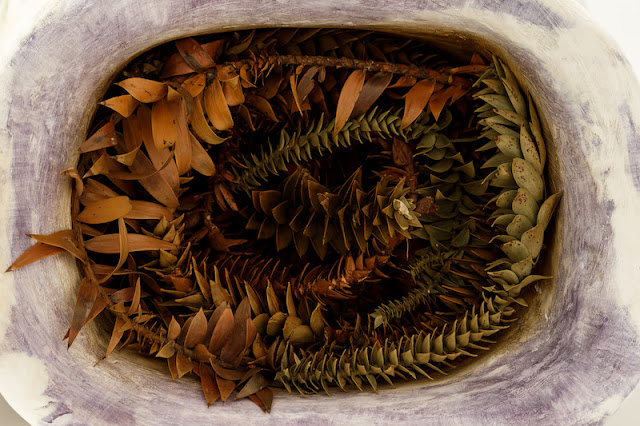 |
| Inside one of the sculptures |
 |
| "La cicatriz del tronco" (2021) by Carla Grunauer |
But at the same time, Grunauer intersects the solemn and religious character of the exhibition with a naïve aesthetic. The luminosity of the chromatic palette generates strangeness in contrast to the earthy colors with which rituals are usually represented. But this modern and disruptive look is far from mocking or interrupting the ceremony. His work is reminiscent of the writings of Lévi-Strauss, the renowned anthropologist and one of the most influential figures of the 20th century.
Lévi-Strauss argued that modern art shared some commonalities with primitive art. Modern art broke with the figurative or representational tradition that originated in the Renaissance, which the author associated with artistic individuality and a form of subjugation of humans to the surrounding nature. For the author, figurative works try to imitate and no longer simply signify.
That said, art that is not representational is obliged to signify. With this Lévi-Strauss expressed that modern art returned the significant function of the work as in primitive art. This movement pretends that all human groups are situated in the same way, as if they were part of a group that understands the same rules or the same symbols. And like a ritual, "Las oferentes" invites the viewer to be part of the same group, united in an experience, in contact with nature and not appropriating it, together with beings we do not know and divinities of the most varied.
"Las oferentes"
Location: Museum of Modern Art of Buenos Aires, Argentina, Av. San Juan 350, C1147 AAO, Buenos Aires (Argentina)
Opening Date: 16h October 2021
End Date: 7th March 2022
Working hours: Monday: 11am to 7pm
Wednesday-Friday: 11am to 7pm
Saturday-Sunday: 11am to 8pm
Official website:
Participating Artist:


